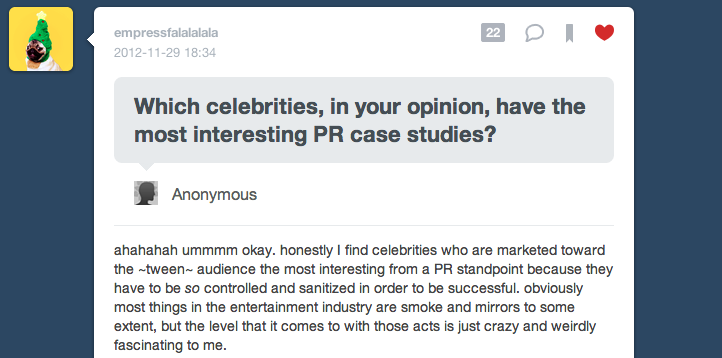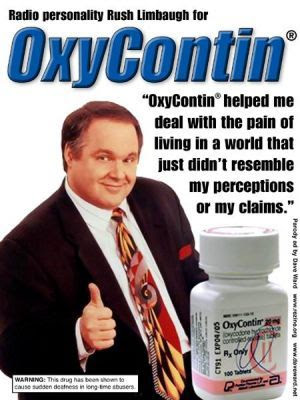An attempt at appearing to not cause harm for the sake of public opinion causing harm.
It’s nearly December, which means that there are 31 days left before the Americans fall head first into a self incude economic depression. Nothing could seem worse, people and business would all suffer under such conditions, and yet there are some who are reluctant to make the necessary changes.
Today part of a budget was put forward, which depicted the necessary revenue increases that would be required as part of a comprehensive plan. The included a simplification of the tax code by eliminating loopholes and deduction to increase overall revenue without dramatic increases in the tax rates themselves. However, for any budget to be effective there need to be not only revenue increases but cuts in heavy and bloated government benefits – there needs to be entitlement reform.
Herein lies the issue facing Washington today; no one wants to be responsible for cuts to programs that directly benefit the lives of voters, however necessary they may be. Though such actions have been in the platforms of Republicans who ran in the previous election, they happened to also lose the presidential election. Both camps know that this would be perfect ammunition to attack their opponents in this never ending political cycle, positioning the other as in opposition to the middle class, and therefore unable to compromise. Failure to do so will ultimately result in greater turmoil, so hopefully both sides will make a deal and stop causing harm in an attempt at appearing to not cause harm.


 I believe that this is in large part another aspect of the sharp division we have seen in most aspect of our society and culture. People are moving farther and farther away from what we used to consider normal and generally centre towards extreme ends of the spectrum. Teens are now either extremely censored and protected, hardly reflection any of the hardships that teenagers and young adults might face – other than obviously heartache – or partaking in drinking, drugs and other inappropriate behaviours. People have become simultaneously oversensitive and desensitized to what we now consider entertainment in the form of celebrities day-to-day lives.
I believe that this is in large part another aspect of the sharp division we have seen in most aspect of our society and culture. People are moving farther and farther away from what we used to consider normal and generally centre towards extreme ends of the spectrum. Teens are now either extremely censored and protected, hardly reflection any of the hardships that teenagers and young adults might face – other than obviously heartache – or partaking in drinking, drugs and other inappropriate behaviours. People have become simultaneously oversensitive and desensitized to what we now consider entertainment in the form of celebrities day-to-day lives.
 While these incidents created PR fiascoes, ultimately resulting in many of the candidates losing their races, their issue because whether candidates should be speaking with the intention of winning certain segments of the electorate or expressing their true intentions and beliefs. Candidates found that in many cases it was more beneficial to avoid talking about women’s issues or give substance-less answers than face the negative effects of their actual opinions and the resulting bad publicity.
While these incidents created PR fiascoes, ultimately resulting in many of the candidates losing their races, their issue because whether candidates should be speaking with the intention of winning certain segments of the electorate or expressing their true intentions and beliefs. Candidates found that in many cases it was more beneficial to avoid talking about women’s issues or give substance-less answers than face the negative effects of their actual opinions and the resulting bad publicity. Opioids are now the largest cause of accidental death in the Unites States, surpassing car crashes for the first time
Opioids are now the largest cause of accidental death in the Unites States, surpassing car crashes for the first time
 Nate Silver is a statistician and psephologist, and in the months leading up to the US election he hosted a blog in partnership with the New York Times.
Nate Silver is a statistician and psephologist, and in the months leading up to the US election he hosted a blog in partnership with the New York Times.